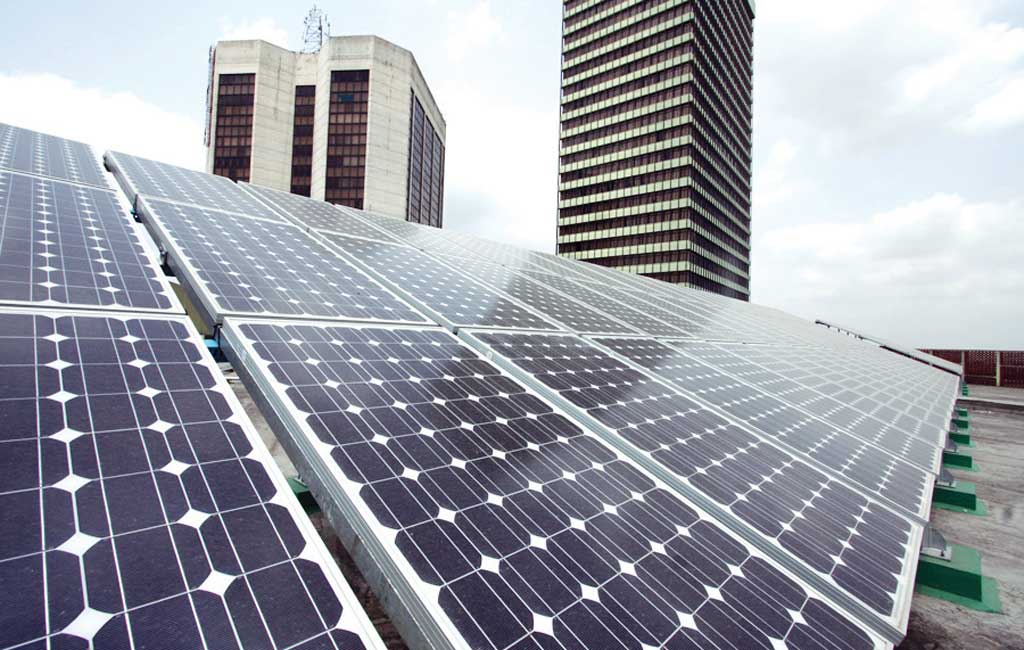Bangladesh has higher progress in sustainable energy among others

Dhaka, 19 December, 2020: One-third of countries worldwide had advanced policy frameworks for renewable energy, putting them in the report’s 'green zone'
Bangladesh made higher progress in adopting policies on sustainable energy, among other countries facing electricity access deficits, said a World Bank report.
Called Regulatory Indicators for Sustainable Energy or RISE 2020, the report particularly mentioned Ethiopia, Nigeria and Tanzania for best progress in the sustainable energy sector from 2017 to 2019.
It, however, did not rank the countries in this regard.
Nearly every country in the world saw advancements in sustainable energy policy between 2017 and 2019, but the most rapid improvements were in sub-Saharan Africa, the World Bank on Monday said in a media release.
However, overall globally policy progress was slower than in the past years, especially in renewable energy and energy efficiency, it said.
“We must continue to push forward on the progress made before the pandemic hit, said Makhtar Diop, World Bank vice president for infrastructure.
The prospect of a post-pandemic recovery and low carbon growth offered policymakers a new opportunity to quickly achieve universal access to energy, added Diop.
The report charting global progress on energy policies measured progress in 138 countries on renewable energy, energy efficiency, electricity access, and access to clean cooking – the four target areas of Sustainable Development Goal 7 (SDG7), which calls for achieving access to affordable, reliable, sustainable and modern energy for all by 2030.
Policy progress from 2017 to 2019 accelerated for access to electricity and clean cooking worldwide, it said, adding that sub-Saharan African countries, including Benin, Kenya, Nigeria, and Tanzania, saw large gains from a low base.
After those, the World Bank report said, upper- and lower-middle-income countries in Asia including Bangladesh, Cambodia, China, India, Indonesia, Mongolia, and Nepal, and Latin America's Guatemala showed notable progress.
Among the countries covered by RISE, only 37 per cent had a national renewable energy target in 2010, which jumped to 99 per cent by 2019. They either established a comprehensive legal framework for renewable energy or begun to do so.
One-third of countries worldwide had advanced policy frameworks for renewable energy, putting them in the report’s 'green zone', while 44 per cent remained in the 'yellow zone', suggesting room for improvement, it said.
This is the third edition of the report titled "RISE 2020: Sustaining the Momentum".
Read More
.

